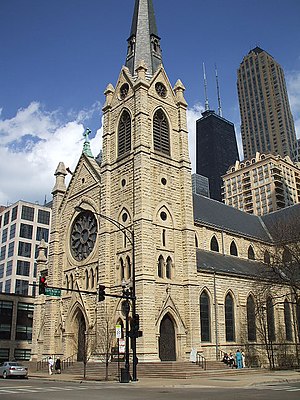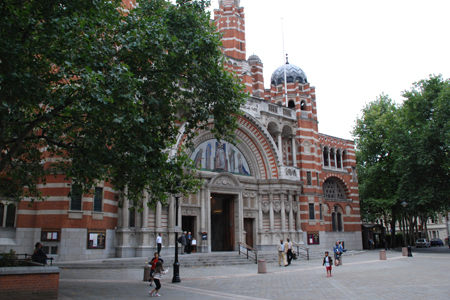In the extraordinary saga of the police / state tussle investigation into the Belgian Church history of child abuse, the church’s own investigator has found that abuse was widespread, occurring in “almost every” diocese, and in “virtually every school” run by the Church. Yet as recently as March of this year, the Belgian bishops believed that abuse was a problem affecting only the USA and Ireland, and was of only minor extent in their own country.
A court had ruled this week that the evidence seized by police in a church raid would not be admissible in court, as the raid had been “disproportionate”. Almost immediately, the church’s investigator, Peter Adriaenssens, released his report.
In the church’s favour, the very existence of the report goes some way to vindicate it in its hostile reaction to the police raid. Suggestions at the time were that police action was prompted by suspicions that the church was incapable of investigating itself – a suspicion supported by the patent inaction under the previous head of the Church, Cardinal Daneels. The damning evidence shows that finally, the church is now willing to examine itself, just as the Irish Church did last year.
Also in its favour, is Adriaenssens’ finding that the scale of the problem is clearly in decline.
The abuse went back to the 1950s, was most common in the 60s and was tailing off by the 1980s, Adriaenssens said.
"The exposed cases are old, of course," he said. "Society has developed. But there's nothing to indicate that the number of paedophiles has diminished. Where are they today?"
Most of the victims were now middle-aged, but remained traumatised.
However, several disturbing questions remain. If the problem was indeed so widespread, why was it not known, even by the current bishops, until recently? Was there a cover-up and protection of offending priests, as occurred in Ireland and the US – and as Cardinal Daneels tried to buy time for bishop Roger Vangheluwe of Brugge as recently as this year?
The next question is, what will be the Church’s response? It will not be enough to simply say that things have improved. On BBC News last night, one survivor of English church abuse pointed out that although the offences may have occurred in the past, they are not “past” to the victims, but are ever-present in their lives today. This is also the sentiment of the Belgian victims:
"There are days when I thank God for having the chance to speak," testified one woman.
"Four years of psychotherapy have taught me that silence kills. I have had enormous depressions, going as far as attempted suicide. At other times I think it would be wise to let sleeping dogs lie. But in the end I've chosen to speak ... Since the resignation of the bishop of Bruges, I am living again in anxiety and fear. And I am far away. I've chosen to live far from my country, hoping that the past won't rejoin me."
This testimony was from a woman abused in the 1980s, but most of the cases concerned young boys and teenagers, as well a documented case of a two-year-old boy being molested.
Another victim told of being repeatedly sexually molested by his parish priest for five years from the age of seven.
"From being a violated child, I myself became, several years later, an abuser of adolescents and was sentenced to eight years in jail of which I served four and a half … The priest's violations certainly strongly shaped my sexual identity and influenced my life choices."
Will the investigations still under way in other countries show the same pattern? Germany too believed that the problem was primarily restricted to the English speaking countries – until Der Spiegel began to report on a few German cases, and the floodgates opened, as more and more victims who had previously kept silent, began to come forward. The same occurred in Austria, Switzerland and the Netherlands. These have not yet reported their findings in any detail but they will. What of the rest of the world, countries which have not conducted any formal enquiries into past abuse? There is no reason at all to suppose that they have been immune.
Finally, what will be the response of the global church to the systemic problems this crisis has revealed? Pope Benedict has said that we need prayer and repentance, rather than institutional reform. He is wrong – we need both.
Quite apart from the problem of abuse itself by individual clergy, which really does seem to be on the decline, there remains the problem of a Church which remains aloof and distant from the real world, which continues to see itself too often as above the secular law. The world’s largest global corporation and largest employer operates in every country of the world, but does not see itself as accountable to any – because it still sees itself as an independent “state”.
This independent statehood is no more than a polite legal fiction. The politicians of the world really do now need to stand up to the Vatican and hold it to account.










